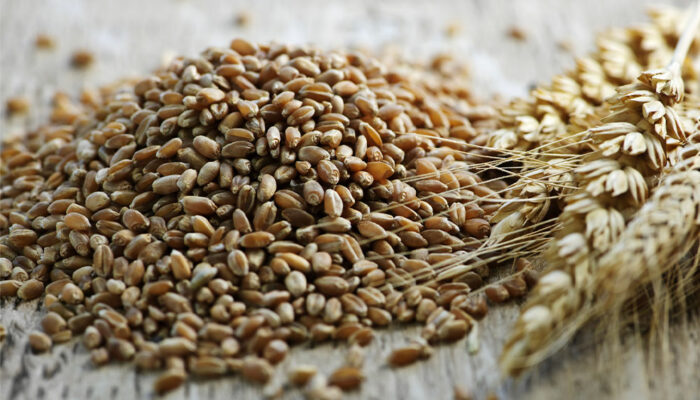
health
4 foods that can increase the risk of diabetes
Diabetes is an autoimmune disease that affects nearly 100 million people globally. Food plays an important role in managing diabetes symptoms and its related complications. Most severe cases of diabetes and its associated complications are a result of long-term consumption of foods that increase insulin resistance and blood sugar levels. While most know of the common foods that aggravate blood sugar levels, here are some lesser-known foods that aggravate diabetes. Flavored yogurt Even healthy snacks like flavored yogurt contain sweeteners and other forms of artificial flavors that might increase blood sugar levels. Switch to plain yogurt and add your favorite fruits to enhance the flavor. It has been observed that Greek yogurt has twice the protein and half the carbohydrates and fats that might contribute to blood sugar levels. Icelandic yogurt is another option as it is made from skimmed milk. It is strained more than Greek yogurt, which makes it thicker and more abundant with protein. Granola bars Granola bars have gained popularity in recent times, owing to their energy source from healthy ingredients like cereals, nuts, and seeds. However, granola bars also contain added sugars in different forms, making them bad food for diabetes. Hence, make sure to choose from sugar-free granola bars or the ones with the least amount of sugars.
Read More 








